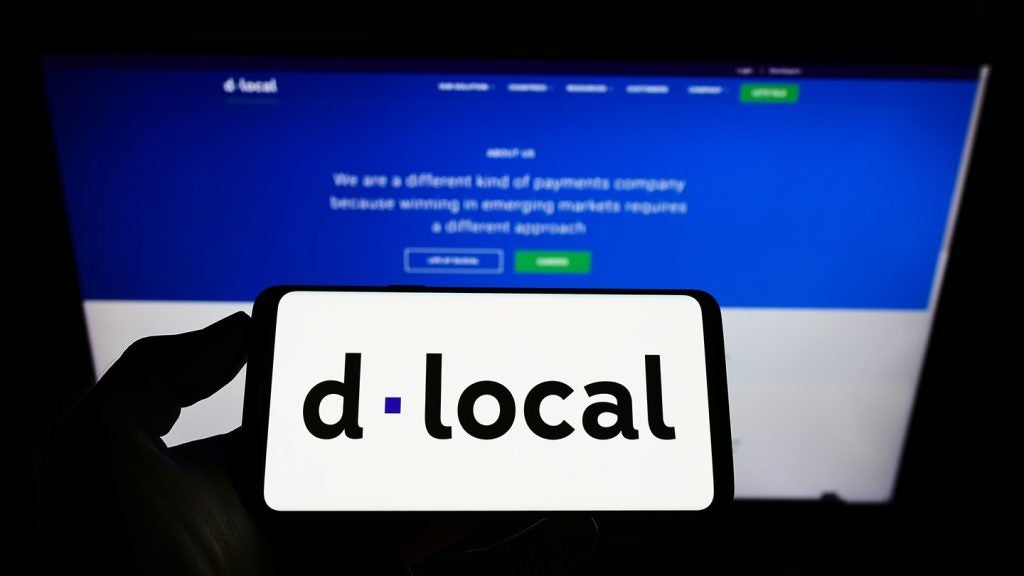In the face of the subprime meltdown, the card-backed securities
market will benefit from the abandonment of home equity lines of
credit, according to a recent study. Charles Davis reports
on how card-backed securities are poised to take advantage of the
capital flowing toward credit cards
The recent meltdown in the subprime mortgage sector has raised
investor concerns regarding the entire securitisation market,
negatively impacting on asset-backed securitisation pricing as well
as the profits of those issuing these vehicles. Yet new findings
from industry researchers TowerGroup paints a much sunnier picture,
finding that asset-backed securities (ABS) will continue to provide
credit card issuers with much-needed financial flexibility to
manage funding costs.
The TowerGroup research report – Credit Card Asset
Securitizations: Has the Subprime Meltdown Dampened This Market
Too? by Dennis C Moroney, senior analyst in the TowerGroup Bank
Cards practice – finds that card issuers are well positioned to
capitalise on the expected flow of consumer debt away from home
equity lines of credit and toward credit cards.
While securitisation overall has taken a fairly significant hit,
the impact on the credit card securitisation market will be
short-lived, wrote Moroney, who found much to like in the market.
The biggest advantage for card-backed securities might very well be
the close monitoring of issuing banks by several government
agencies, which means that the ABS market is subject to less
volatility than mortgage-backed securities (MBS). Though the study
finds that the weakening economy, rising delinquency rates, and
problems with subprime will raise the cost of funding for new
issues, TowerGroup believes the credit card securitisation market –
which currently exceeds $400 billion – will continue to be the
source of an estimated 50 percent of funding for credit card
companies.
Debt-funded lifestyles
The card-backed securities market could grow in spite of – and
perhaps because of – the mortgage mess. TowerGroup believes that US
consumers can no longer maintain their current lifestyles without
increasing the amount of debt they revolve on credit cards.
Declining home values have reduced the available equity that
consumers can access through home equity lines to fund their
lifestyles. TowerGroup anticipates that credit card balances will
increase and issuers will require an economical solution to finance
the increase in credit card outstandings.
How well do you really know your competitors?
Access the most comprehensive Company Profiles on the market, powered by GlobalData. Save hours of research. Gain competitive edge.

Thank you!
Your download email will arrive shortly
Not ready to buy yet? Download a free sample
We are confident about the unique quality of our Company Profiles. However, we want you to make the most beneficial decision for your business, so we offer a free sample that you can download by submitting the below form
By GlobalDataThe study found that in the US, new credit card issues were the
only asset-based segment to grow in 2007 – new issues through
September exceeded $69 billion, a 30 percent increase over 2006.
TowerGroup anticipates a weakening of demand in the fourth quarter
of 2007, due to investor uneasiness with the credit markets. Yet it
expects that full-year 2007 volumes will be 30 percent higher than
those in 2006, illustrating investors’ confidence in the credit
card market and reassuring credit card issuers of an adequate and
economical source of funds to support their growth.
ABS vs MBS
The card-backed securities market also will benefit from the
contrast it provides to the more volatile mortgage-backed market.
While the credit card market cooled significantly between 2002 and
2007, the issuance of credit card-backed securities continued
unabated.
Banks that securitise subprime home equity debt receive closer
scrutiny from the regulators and are subject to more stringent
capital rules than institutions that do not have large portions of
subprime accounts in their portfolios. The ability of lenders to
include subprime mortgage products in the securitisation pool
facilitated the availability of the products to borrowers through
both Federal Deposit Insurance Corp (FDIC)-insured and non-bank
lenders.
Moroney concludes that many of these lenders would not have
found the subprime products attractive without the funding and
credit risk transfer features available through securitisation. The
rest is history: the massive investment in that securities market
created a tremendous backlash when market conditions
deteriorated.
On the other hand, Moroney wrote, any impact on credit
card-backed securities will be short-lived because the majority of
institutions issuing them are national banks, whose connection to
the subprime mortgage market is limited. However, the national
banks have been negatively affected through their financial
investments in the subprime financial markets, which is reflected
in their recent earning reports.
Credit card ABS secure
Overall, the study found that the credit card securitisation market
is not subject to the same volatility as the mortgage-backed
market. Ironically, the regulatory scrutiny now being sought for
MBS is a major reason why the credit card side is expected to
rebound more quickly.
The card-backed securities market will benefit from the
abandonment of the home equity securitisation market, Moroney
wrote. The home equity segment peaked in June 2007 at $31 billion
per month but then plummeted to essentially zero by October 2007.
This plunge has resulted in liquidity problems in the mortgage
business and reductions in both the discount rate and funds rate,
and card-backed securities are poised to seize on a wave of capital
flowing toward credit cards and away from home equity lines of
credit.
Not all the news is positive for credit card issuers, however.
The FDIC has reported an increase in both delinquencies and losses.
Net charge-offs in the second quarter of 2007 totalled $9.2
billion, which is the highest quarterly total since the fourth
quarter of 2005 and represents a 51.2 percent increase over the
second quarter of 2005. In turn, the increased risk in credit card
portfolios due to rising delinquencies will increase funding costs
for securities. For banks, the impact will be either higher funding
costs or increased costs for credit enhancement to obtain
favourable ratings from the agencies.
“Nevertheless, it is important not to overstate the negative
effects of the subprime collapse on either the credit card business
or the securitisation market,” Moroney wrote. “Although one reading
of the numbers indicates that the rise in credit card
delinquencies, coupled with the unsettled mortgage market, could
keep investors away from credit card ABS and cause additional
liquidity problems for card issuers, TowerGroup believes this
outcome is unlikely in light of the performance of the ABS credit
card market through the early stages of the mortgage debacle.”







